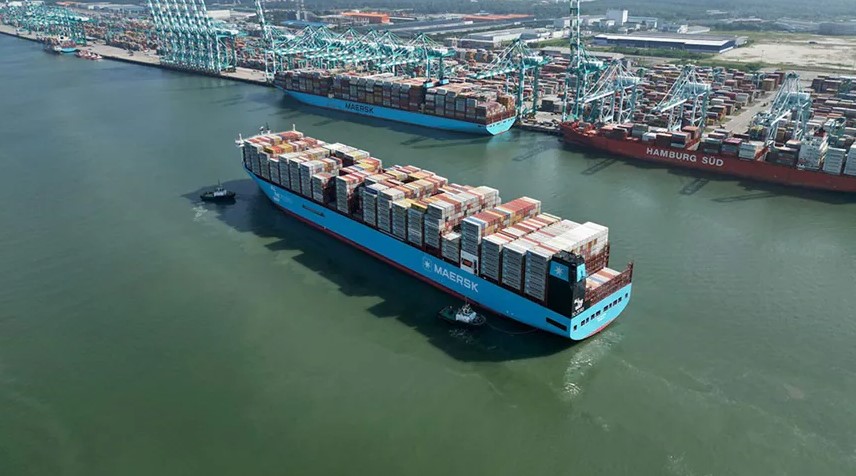This story requires a subscription
This includes a single user license.
Maersk revealed this in a statement on Wednesday.
With this, the world’s second largest container shipping firm after MSC, confirmed a recent report by LNG Prime, citing shipbuilding sources, that Maersk will take on charter a fleet of LNG dual-fuel containerships which will be built at Chinese yard.
This move represents a significant turn for the shipping company which has been one of the biggest supporters of methanol-powered ships.
Maersk did not provide the names of the yards, or the number of LNG dual-fuel vessels in the new statement.
The orders will reach a total of 50-60 combining both owned and chartered dual-fuel vessels equaling 800,000 teu and ensuring a steady flow of needed capacity for Maersk’s network for the years 2026-2030, it said.
About 300,000 teu will be owned capacity while the remaining 500,000 teu is planned through time-charter agreements.
The exact split of propulsion technologies will be determined considering the future regulatory framework and green fuels supply, Maersk said.
Bio-LNG
Maersk has started the work of securing offtake agreements for liquefied biomethane (bio-LNG) to ensure that the new dual-fuel gas vessels provide greenhouse gas emissions reductions in this decade, the firm said.
The company has previously announced the orders of 25 owned dual-fuel methanol vessels. Out of these, 5 are in service and 20 on order providing around 350,000 teu of dual-fuel capacity.
“While green methanol is likely to become the most competitive and scalable pathway to decarbonization in the short term, Maersk also foresees a multifuel future for the industry which includes liquefied biomethane,” the company said.
Once all of the vessels have been delivered, around 25 percent of the Maersk fleet will be equipped with dual-fuel engines, the company added.
Maersk is the world’s second largest container shipping firm after MSC and CMA CGM is the third, according to Alphaliner.
CMA CGM is one of the world’s largest backers of LNG as fuel, while MSC is also heavily investing in LNG dual-fuel vessels.

